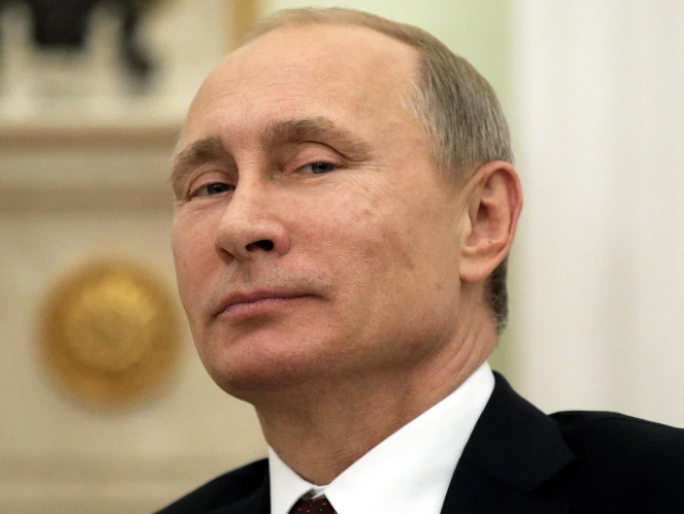RussiaPolitics NavalnyAttack ExiledOpposition AlexeiNavalny DissidentConflict RussiaNews PoliticalViolence OppositionSplit
In recent developments, the fractured nature of Russia’s exiled opposition has come into sharp focus following a brutal assault on a prominent figure within the camp. The staff of the late Alexei Navalny, a key opposition leader who passed away under controversial circumstances, have pointed fingers at another dissident, alleging that the attack was orchestrated by one of their own. This incident underscores the fragility and discord within the opposition movement, which has struggled to maintain unity in the face of pervasive government pressure and exile.
The assault, which has sent shockwaves through the community, involves a brutal hammer attack on an individual closely associated with Navalny’s movement. The victim, whose identity has not been publicly disclosed, is believed to have been targeted due to their close affiliations and influential role within the opposition. Navalny’s team, through various statements, has not just condemned the act but has also alleged that another high-profile dissident was behind the orchestration of this violent act. Such allegations add layers of complexity to an already intricate and volatile political landscape.
Accusations have flown thick and fast, deepening rifts amongst opposition members who are already grappling with the challenges of coordination and strategy from abroad. While the Kremlin categorically denies any involvement, the attack’s nature and the subsequent blame game highlight the enormous pressures these political actors face. The dissident accused of ordering the attack has vehemently denied these claims, yet the damage inflicted on the solidarity and trust within the opposition is palpable, leading to growing concerns about the future coherence of their campaign against the Russian regime.
Furthermore, the international community watches these developments with a keen eye, aware of the implications that such internal discord within the opposition could have on Russia’s political future. The schism not only weakens the movement’s ability to present a united front against President Vladimir Putin’s administration but also raises questions about who stands to benefit from such discord. As the struggle for a democratic Russia continues, the opposition’s ability to overcome internal divisions and present a cohesive and strong opposition remains crucial in their battle for political change.







Comments are closed.